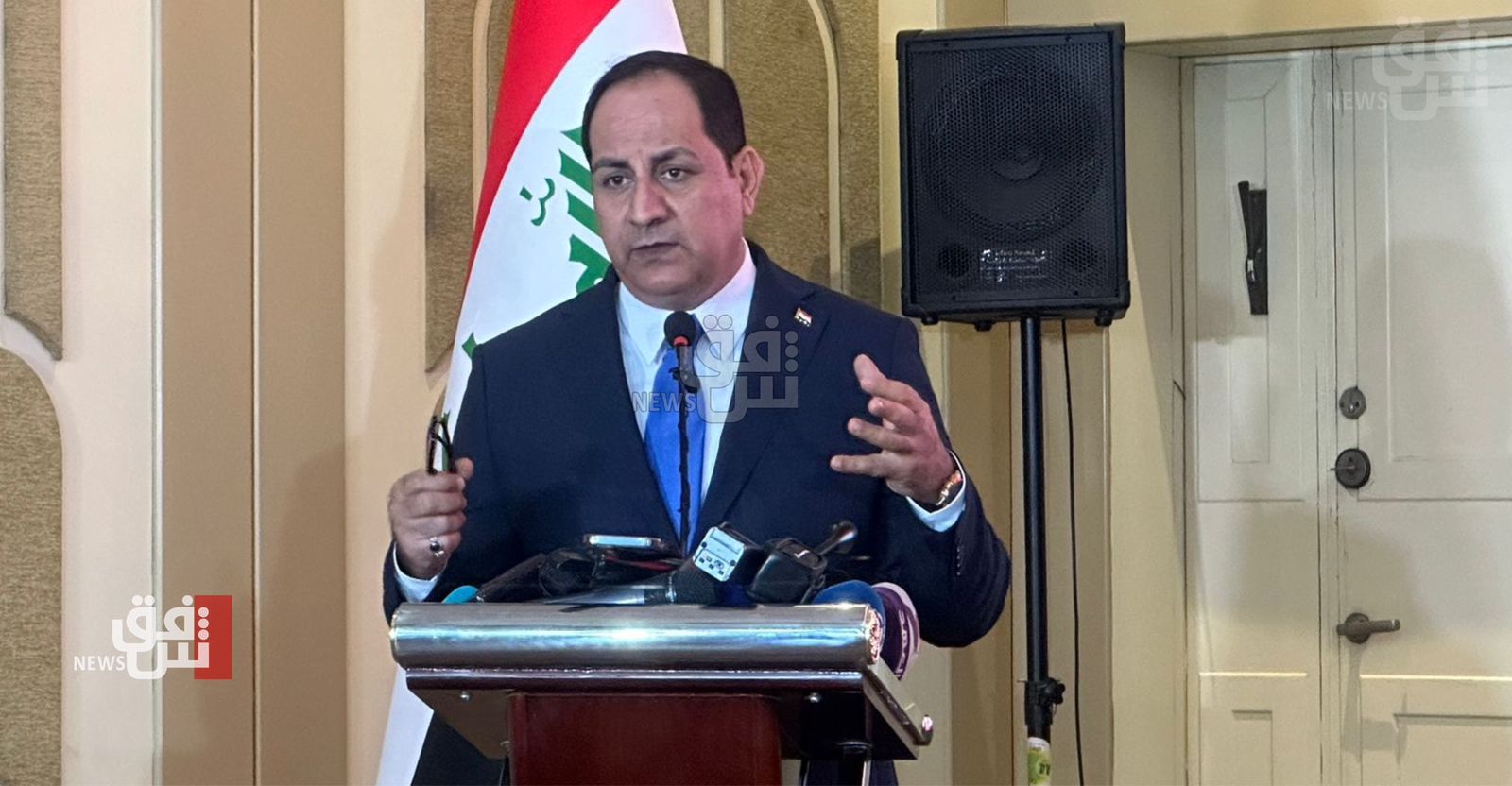Iraq, Turkiye move closer to resolving Kurdistan oil dispute: spokesperson

Shafaq News/ Iraqi government spokesperson Bassem al-Awadi said on Monday Ankara is keen on facilitating Iraqi oil exports through the Ceyhan pipeline as Baghdad moves with steady steps towards resolving the long-standing oil dispute with the Kurdistan Regional Government (KRG).
"The issue of Kurdistan's oil is almost settled," he told Shafaq News agency. "The Turkish side informed Iraq over a month ago that it was ready to pump oil through the Turkish Ceyhan pipeline. There is no problem in pumping oil through Turkiye."
He said that "the crux of the matter lies in the relationship between the KRG and the central government, particularly regarding the rights of oil extraction companies in the region."
According to new regulations, these companies must deal with the federal government and the state-owned SOMO oil company.
"There are new contracts, companies, and negotiations," al-Awwadi explained.
"Turkiye is ready and has informed Iraq of this."
Turkish President Recep Tayyip Erdogan arrived in Iraq on Monday for his first visit since 2011. The Iraqi-Turkish talks focus on security, military, and economic matters and expanding trade cooperation.
Turkey has sought closer cooperation from Baghdad in its fight against the Kurdistan Workers' Party (PKK), a sensitive issue that has strained relations between the two countries due to Turkish military operations in Iraq's northern Kurdistan region. Additionally, disagreements over oil exports and water-sharing have further complicated the ties. The dispute over Kurdistan's oil exports has been a particularly thorny issue, with the two sides at odds over the resumption of oil exports through a pipeline running through Turkey.
After nearly a decade of seeking international arbitration, the Iraqi government obtained recognition of its right to control oil exports and ordered Ankara to pay $1.5 billion in compensation for transporting oil without Baghdad's approval. In response, Ankara shut down the export pipeline, which contributes about 0.5% of the world's crude oil supply, and initiated maintenance work. The two countries have agreed to await the completion of the pipeline maintenance assessment before resuming flows while continuing to engage in a legal battle over the arbitration rulings.





